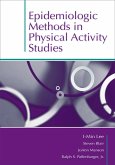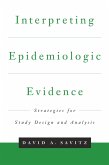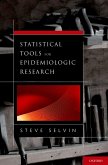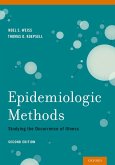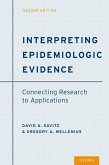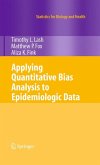Epidemiology has long played a critical role in investigating outbreaks of foodborne illness and in identifying the microbial pathogens associated with such illness. Epidemiologists were the detectives who would track down the guilty culprit- the food vehicle carrying the pathogen, as well as the fateful errors that resulted in contamination or multiplication of pathogens. The first book of its kind, this volume describes the various ways epidemiologic principles are applied to meet the challenges of maintaining a safe food supply. It addresses both the prevention and control of food borne illness. Starting with a history and background of food borne illness, the book continues by describing the means of following up on an outbreak and measuring exposures. The book concludes by describing the regulatory context that shapes food safety activities at the local, national and international levels. Chapters are written by leaders in the field of public health and food safety, including experts in epidemiology, microbiology, risk assessment, economics, and environmental health and policy. This is the definitive book for students, researchers and professionals interested in how epidemiology plays a role in keeping our food safe.
Dieser Download kann aus rechtlichen Gründen nur mit Rechnungsadresse in A, B, BG, CY, CZ, D, DK, EW, E, FIN, F, GR, HR, H, IRL, I, LT, L, LR, M, NL, PL, P, R, S, SLO, SK ausgeliefert werden.



